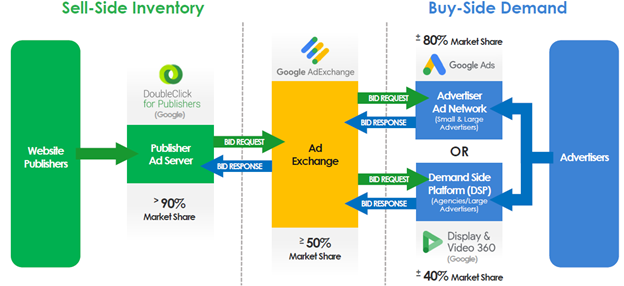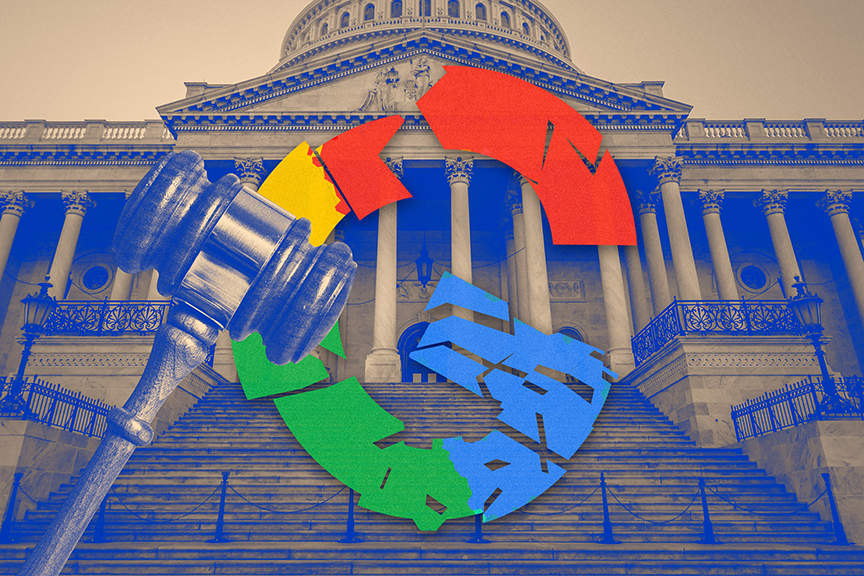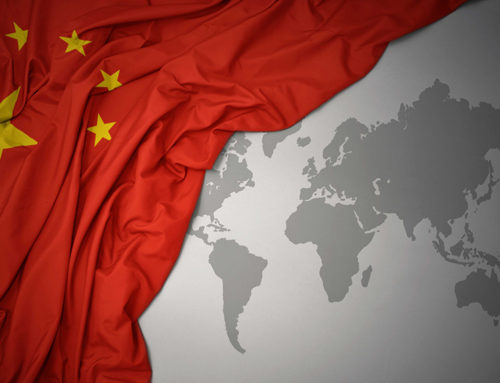In a significant legal showdown, the U.S. Justice Department, in tandem with a coalition of states, is taking on Google in a legal battle over alleged monopoly power in the realm of online search services. This high-profile case has far-reaching implications not just for Google but for the entire landscape of Big Tech, shedding light on the extent to which regulators can curtail their influence.
Google, an inseparable part of the online search experience, has harnessed its immensely popular search tool to expand its empire, encompassing advertising, cloud computing, and the video streaming giant, YouTube. Beyond its potential impact on Google’s business, this trial serves as a litmus test for the U.S. government’s ability to regulate tech giants. It’s a pivotal moment, reminiscent of the landmark antitrust battle against Microsoft over two decades ago.
Since then, Google has amassed a staggering 90% share of the U.S. search engine market and a global market share of 91%, according to Similarweb, a data analytics firm. A verdict against Google could erode its dominance and potentially reshape the dynamics of Silicon Valley.

This legal battle also signifies a test for governments aiming to curb the influence of tech giants like Google, Apple, Amazon, Microsoft, and Meta (the parent company of Facebook and Instagram) over our digital lives. The nation’s antitrust laws, established over a century ago, are now being scrutinized for their applicability to the rapidly evolving tech industry.
The crux of the Justice Department’s case against Google revolves around allegations that the company illicitly utilized partnerships with smartphone manufacturers and web browsers to stifle rival search engines. Google has effectively become the default search engine on countless devices thanks to agreements with industry titans such as Apple, Samsung, and Mozilla. The government contends that Google’s multi-billion-dollar payouts to these partners have hindered the growth of alternative search engines like Microsoft Bing and DuckDuckGo.
Additionally, the Justice Department claims that Google’s practice of preloading its services on devices running its Android software has unfairly maintained its monopoly. Google, on the other hand, argues that its business practices are both legal and commonplace. They liken these agreements to a cereal maker paying supermarkets for prime shelf space.
Google insists that it faces robust competition in the online search arena, pointing to companies like Amazon and TikTok as thriving alternatives. While these companies do not offer general-purpose search engines, Google argues that they serve as viable destinations for consumers seeking products or content, effectively bypassing Google.
The trial comprises two distinct phases. Firstly, Judge Amit P. Mehta of the U.S. District Court for the District of Columbia will evaluate whether Google violated antitrust laws. If found guilty, the court will explore potential remedies to rectify the situation. However, the Justice Department has not disclosed the specific actions it might seek if it prevails in the case.

Kent Walker, Google’s president of global affairs, has emphasized the complexity of devising a suitable remedy without unintentionally impacting other non-litigated companies, including Apple and Samsung, which may have similar business practices and the appearance of monopoly power.
One potential outcome could involve prohibiting Google from entering exclusive distribution agreements, thereby granting greater visibility to alternative search engines on consumer devices.
The Justice Department’s case against Google centers on whether the tech giant engaged in anticompetitive conduct to undermine competing search engines, which challenge the service that catapulted Google to prominence.
In the years following Microsoft’s alleged bundling of products to thwart competing web browsers, the tech landscape has evolved dramatically. Google has ascended to become the internet’s largest advertising business, prompting intense global scrutiny of its business practices and the broader implications of its popular products.
While the European Union has been at the forefront of attempts to rein in Google’s monopoly power, this case marks the first time the United States is confronting the tech giant in a legal showdown.






